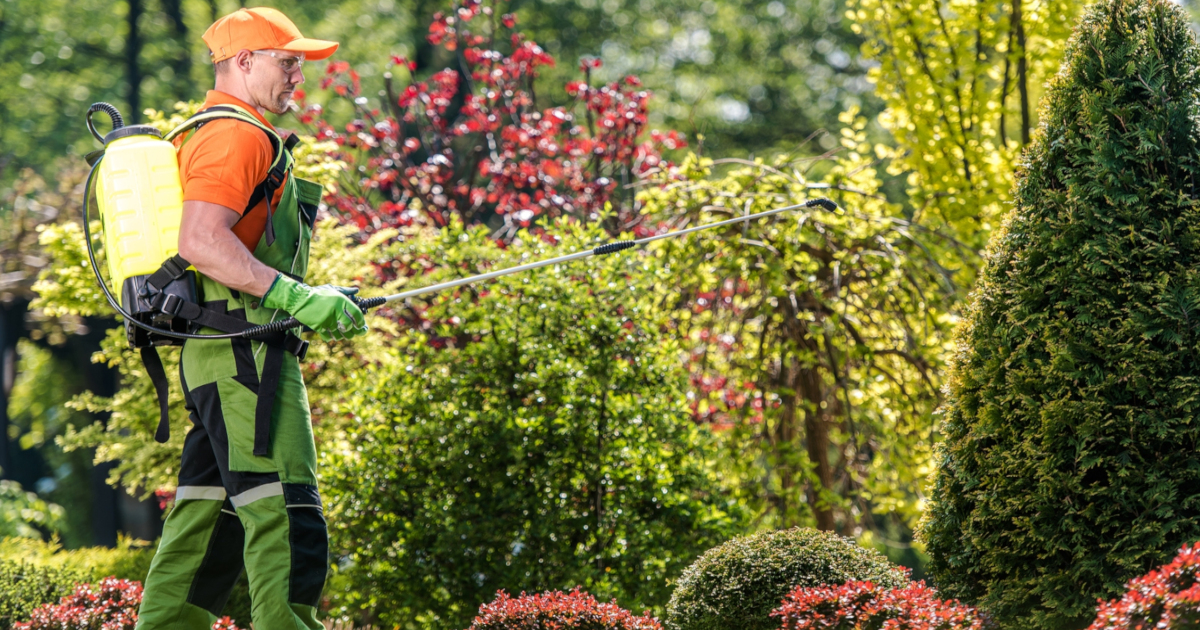
It’s Not Just Roundup — Communities Should Limit All Harmful Pesticides
The herbicide Roundup has been a topic of discussion around the U.S. following large jury awards to several people who claim their cancer was caused by long-term exposure to the product. A community listserv I’m on recently included a volley of questions and updated-by-the-second responses among suburban residents about how to address the town’s use of Roundup in parks. Who to contact — mayor? Alders? Parks head? What to say and how — emails, letters, attend a meeting?
January 6, 2020 | Source: Truthout | by Susan Kaplan
The herbicide Roundup has been a topic of discussion around the U.S. following large jury awards to several people who claim their cancer was caused by long-term exposure to the product. A community listserv I’m on recently included a volley of questions and updated-by-the-second responses among suburban residents about how to address the town’s use of Roundup in parks. Who to contact — mayor? Alders? Parks head? What to say and how — emails, letters, attend a meeting?
Such concerns about Roundup may be warranted. In 2015 the International Agency for Research on Cancer (IARC) classified glyphosate, the main chemical in Roundup, as a probable human carcinogen. Since then, a number of countries have moved to restrict or ban its use, although IARC’s decision has been met with some controversy.
But the main problem with such wranglings is that, in their single-minded focus on one product, they are missing the forest for the trees. This is particularly the case for agencies or organizations that have not yet addressed pesticide use in the context of a broader program or policy.
